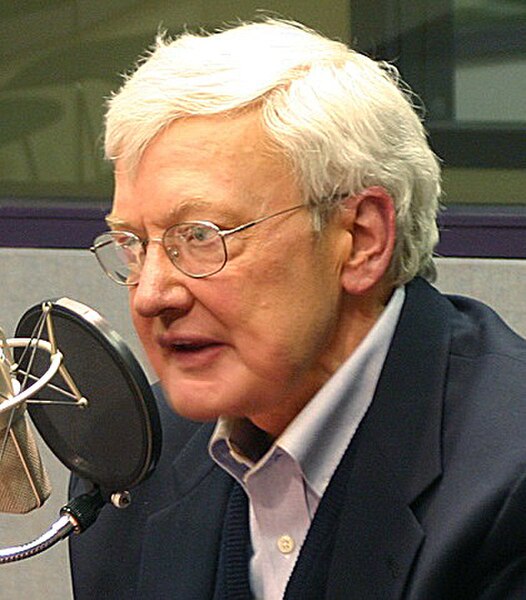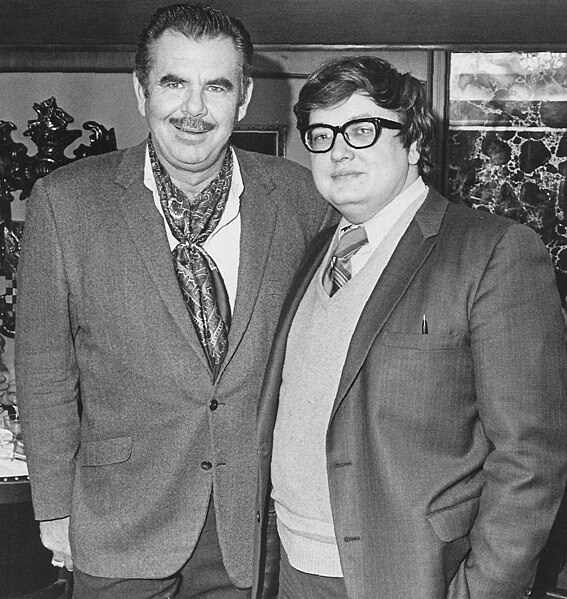Roger Joseph Ebert was an American film critic, film historian, journalist, essayist, screenwriter, and author. He was a film critic for the Chicago Sun-Times from 1967 until his death in 2013. Ebert was known for his intimate, Midwestern writing style and critical views informed by values of populism and humanism. Writing in a prose style intended to be entertaining and direct, he made sophisticated cinematic and analytical ideas more accessible to non-specialist audiences. Ebert frequently endorsed foreign and independent films he believed would be appreciated by mainstream viewers, championing filmmakers like Werner Herzog and Errol Morris, as well as Martin Scorsese, whose first published review he wrote. In 1975, Ebert became the first film critic to win the Pulitzer Prize for Criticism. Neil Steinberg of the Chicago Sun-Times said Ebert "was without question the nation's most prominent and influential film critic," and Kenneth Turan of the Los Angeles Times called him "the best-known film critic in America."

Ebert in 2006
Ebert (right) with Russ Meyer in 1970
Co-host Gene Siskel at the 1989 Academy Awards
Ebert cited Pauline Kael as an influence
Film criticism is the analysis and evaluation of films and the film medium. In general, film criticism can be divided into two categories: Academic criticism by film scholars, who study the composition of film theory and publish their findings and essays in books and journals, and general journalistic criticism that appears regularly in press newspapers, magazines and other popular mass-media outlets. Academic film criticism rarely takes the form of a review; instead it is more likely to analyse the film and its place in the history of its genre, the industry and film history as a whole.
Chicago critic Roger Ebert (right) with director Russ Meyer




